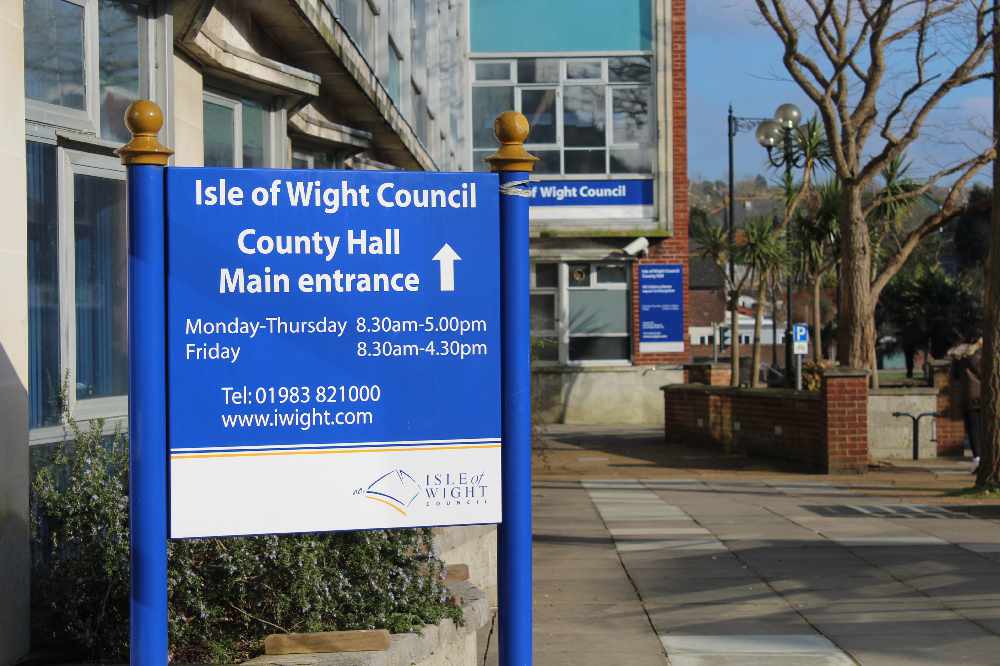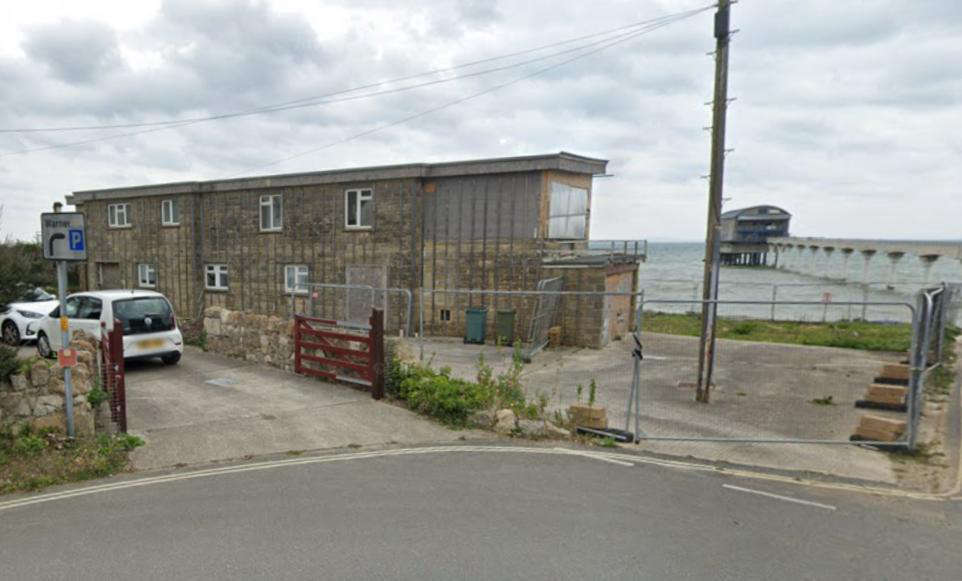The contribution to energy bills from a government deal with a biomass electricity provider will fall in the coming years as subsidies are cut under a new agreement.
The Department for Energy Security and Net Zero (DESNZ) revealed consumers would save £170m per year under a new deal with Drax covering 2027-2031.
That projection is based on the halving of the North Yorkshire power station's government subsidy in that time.
Money latest: Costco membership 'shake-up'
DESNZ said Drax would also play a much more limited role in the power system in that time, providing electricity only when it is really needed compared to current generation averaging around two-thirds of a year.
Drax, a former coal-fired plant which now burns wood pellets, is paid to generate energy using wood that must be 70% sustainable.
That sustainability figure will rise to 100% by 2027 under the new deal.
Its operations are classed, controversially, as renewable in the UK because the emissions released from burning the wood can be reabsorbed by new trees that grow in the place of those burned.
Drax is currently classed as Britain's largest renewable power generator by output as it has the capacity to power the equivalent of five million homes.
The company, which has previously been fined for misreporting data on wood it has used and criticised over its CO2 emissions, also operates hydro power projects.
The government is aiming to decarbonise the power sector by 2030.
Meeting this target will require a large increase in renewable energy, such as wind and solar, as well as projects
that store energy for when there is insufficient wind or sun.
Ministers say a new energy mix, that cuts the country's reliance on internationally priced gas, will not only bring down bills in future but guarantee domestic power supplies.
While biomass is the lowest cost option in the short term, without extra technology to capture carbon emissions from burning wood, it is not seen as a long-term solution.
New nuclear is part of the equation.
DESNZ said: "This government will do whatever it takes to deliver energy security and protect billpayers now and into the future".
Drax shares rose by 6% on news of the new settlement which guarantees the Selby power station's future.
Read more from Sky News:
Trump says he'll impose 25% tariffs on steel and aluminium imports into US
Budget tax hikes and financial gloom 'acting as brakes' on employment
Group chief executive Will Gardiner said: "The government's low-carbon dispatchable CfD framework for biomass, announced today, is an investment in UK energy security, which will result in a net saving for consumers and support the delivery of Clean Power 2030.
"Analysis from Baringa indicates the proposed agreement will result in a £1.6-3.1bn reduction in electricity system costs, versus the construction of new fossil fuel power stations, and government has concluded today that Drax offers the lowest cost option for bill payers during this period."
He added: "Under this proposed agreement, Drax can step in to increase generation when there is not enough electricity, helping to avoid the need to burn more gas or import power from Europe, and when there is too much electricity on the UK grid, Drax can turn down and help to balance the system.
"The size, flexibility and location of the power station makes it important for UK energy security and the proposed agreement helps protect the jobs and skills of today and the future, creating options for billions of pounds of investment in growth across Britain, including the development of large-scale carbon removals and data centres."

(c) Sky News 2025: Drax subsidies and energy production role cut by government


 Coal tips safety: Residents say lessons 'not learned' from Aberfan disaster
Coal tips safety: Residents say lessons 'not learned' from Aberfan disaster
 Simon Vickers: Dad who claimed teen daughter's death was 'freak accident' jailed for at least 15 years
Simon Vickers: Dad who claimed teen daughter's death was 'freak accident' jailed for at least 15 years
 Hamas delays release of more Israeli hostages on Saturday
Hamas delays release of more Israeli hostages on Saturday
 Trump's steel and aluminium tariffs target a deeper issue - but risk job losses and higher prices
Trump's steel and aluminium tariffs target a deeper issue - but risk job losses and higher prices
 Gas prices at a two-year high, putting pressure on already expensive energy bills
Gas prices at a two-year high, putting pressure on already expensive energy bills



 Isle Of Wight Council To Consider Key £13m Spending Packages Amid 'Unprecedented Uncertainty'
Isle Of Wight Council To Consider Key £13m Spending Packages Amid 'Unprecedented Uncertainty'
 Schools Come Out In Force To Support "Wear What Makes You Happy" Fundraiser For Arlo Lambie
Schools Come Out In Force To Support "Wear What Makes You Happy" Fundraiser For Arlo Lambie
 Isle Of Wight Council Launches 2025 National Apprenticeship Week With Flag Raising
Isle Of Wight Council Launches 2025 National Apprenticeship Week With Flag Raising
 Plans To Replace 'Half-Built Eyesore' With New Seafront Café Divides Opinion
Plans To Replace 'Half-Built Eyesore' With New Seafront Café Divides Opinion